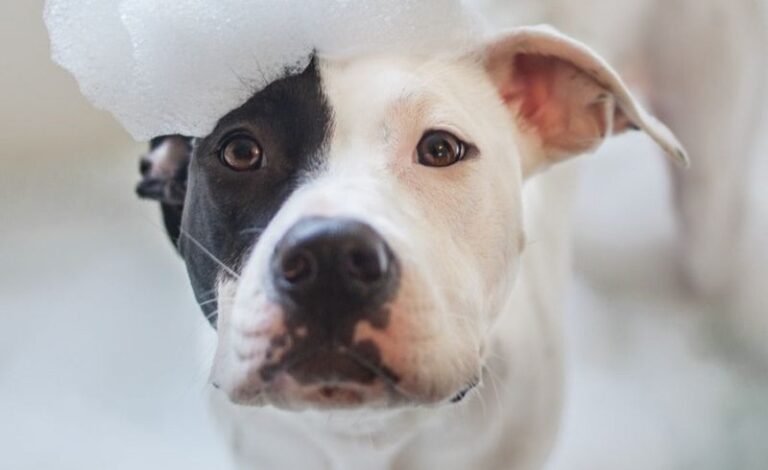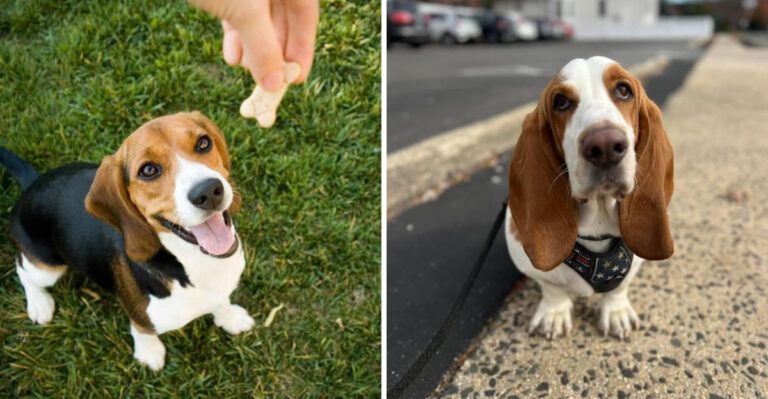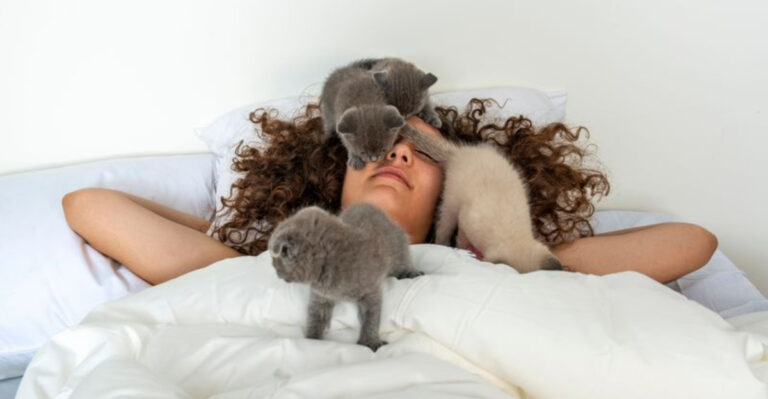16 Subtle Clues That Your Pet Bird Isn’t Feeling Well
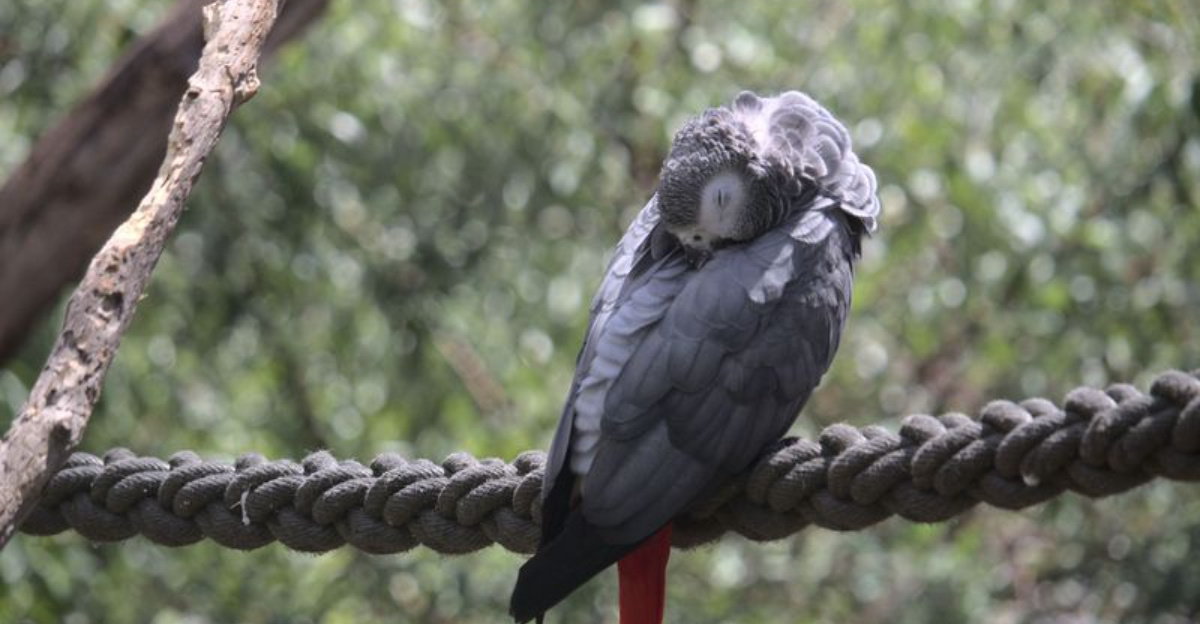
Birds, those delightful feathered friends, have a knack for hiding their discomfort. It’s not just their colorful plumage that’s impressive; their ability to mask sickness is a survival strategy.
But worry not! Here are some cunning clues that your winged companion might just be under the weather. You’ll be a bird detective in no time!
1. Fluffed Up Feathers
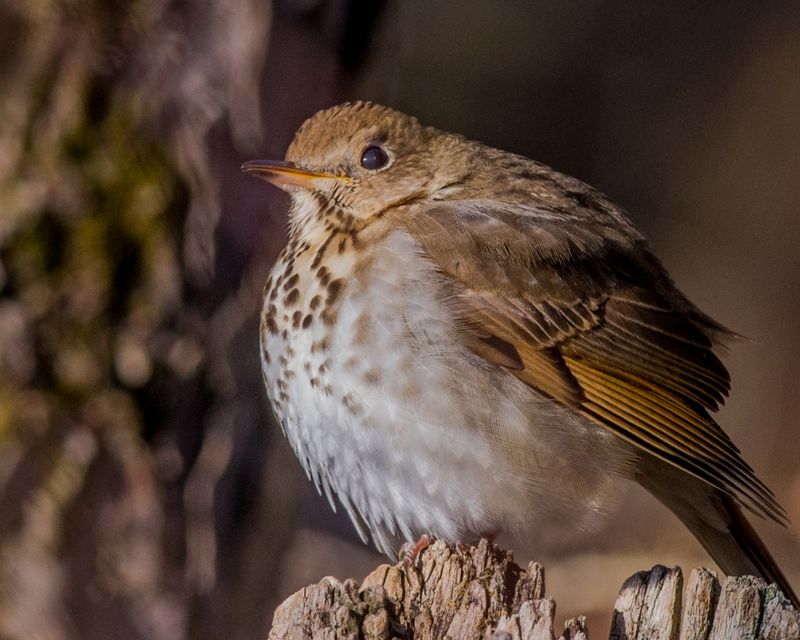
Ever seen a bird look like a fluffy pom-pom? While it may seem adorable, constantly fluffed up feathers can spell trouble.
When birds are feeling unwell, they often puff up to conserve heat. If you notice your bird with a perpetual fluff, it might be time for a vet visit.
2. Decreased Appetite
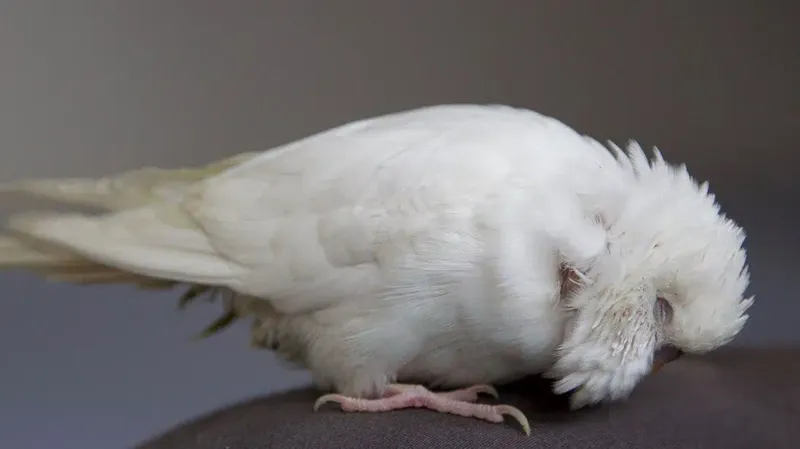
Food refusal is not just for picky eaters. If your bird is ignoring its favorite seeds, there’s a chance something’s amiss.
Birds love their snacks, so a sudden lack of interest can be alarming. Keep an eye on their eating habits, and consult a vet if it continues.
3. Tail Bobbing
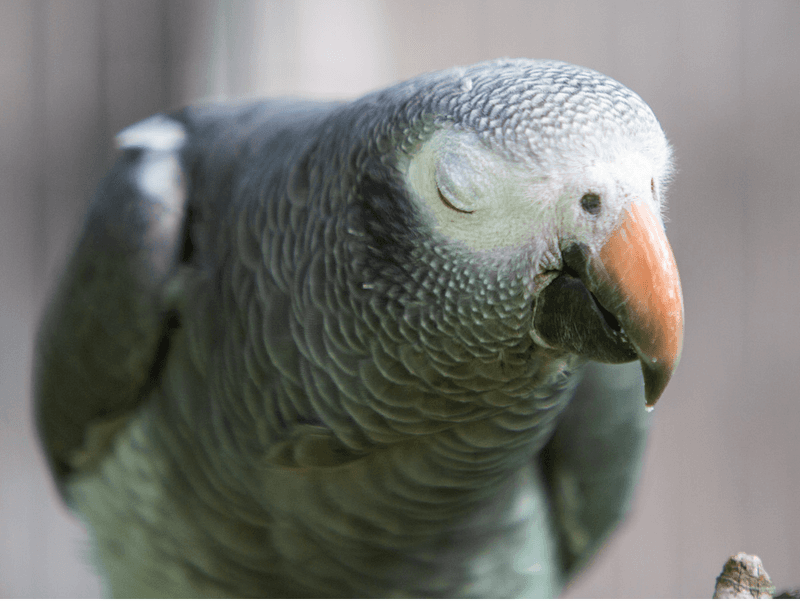
A rhythmic tail bobbing might look like a dance, but it could indicate labored breathing. When birds struggle to breathe, they often move their tails in a noticeable pattern.
Next time you spot a tail bobbing away, check for other symptoms or visit your avian vet.
4. Change In Droppings
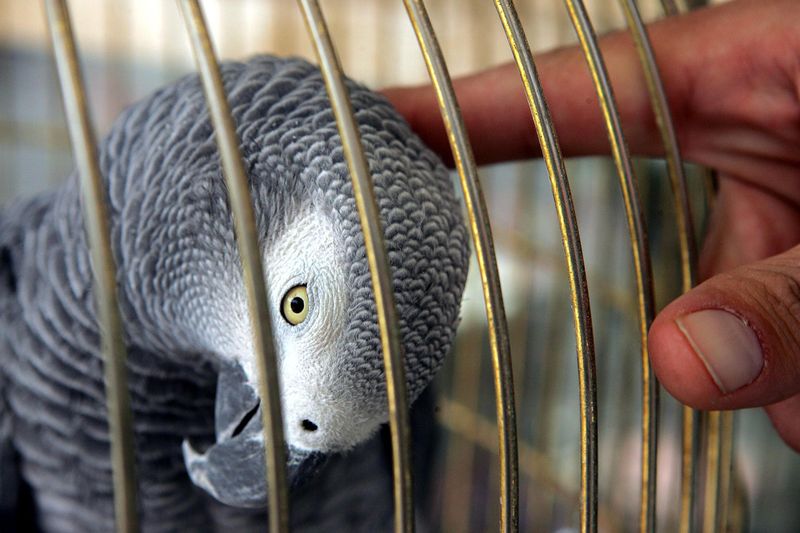
Yes, we’re talking bird poop! A change in color, consistency, or frequency can be a telltale sign.
Healthy droppings are generally uniform, so any deviation might be your bird’s way of communicating distress.
Don’t be shy – keep an eye on those droppings, and if they look suspicious, get a professional opinion.
5. Sleeping More Than Usual
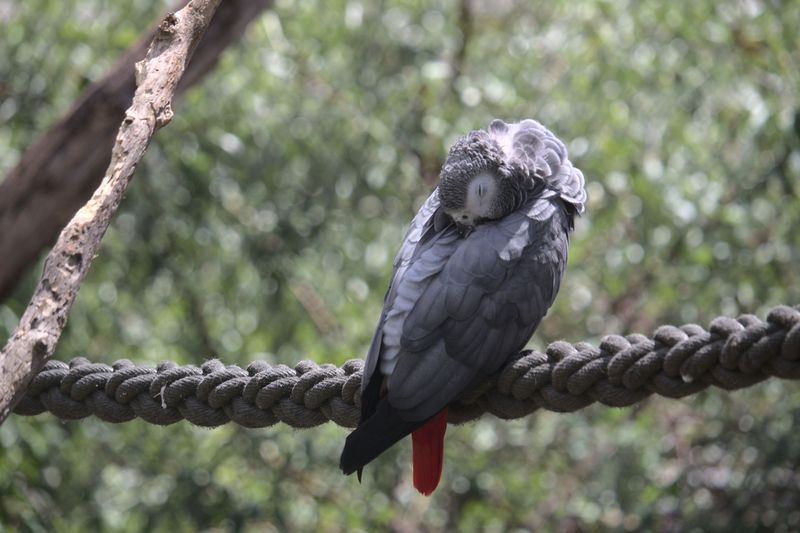
Birds do enjoy a good nap, but excessive sleep could be a red flag. If your usually active bird is catching more z’s than normal, it might be conserving energy due to illness.
Observe their sleep patterns closely and ensure their environment is stress-free.
6. Visible Lethargy
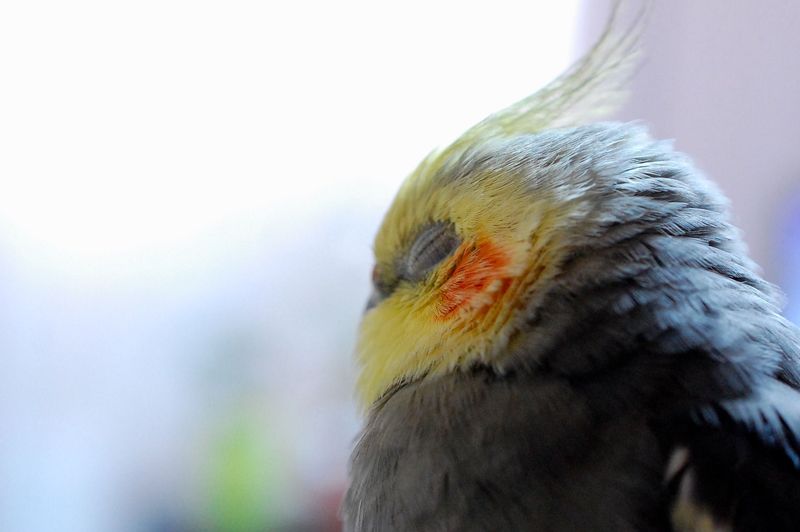
When the once active chirper becomes a motionless observer, something might be up. Lethargy is a common symptom that your feathered friend isn’t feeling its best.
If your bird’s energy levels take a nosedive, it’s time to consult a vet for a check-up.
7. Vocal Changes
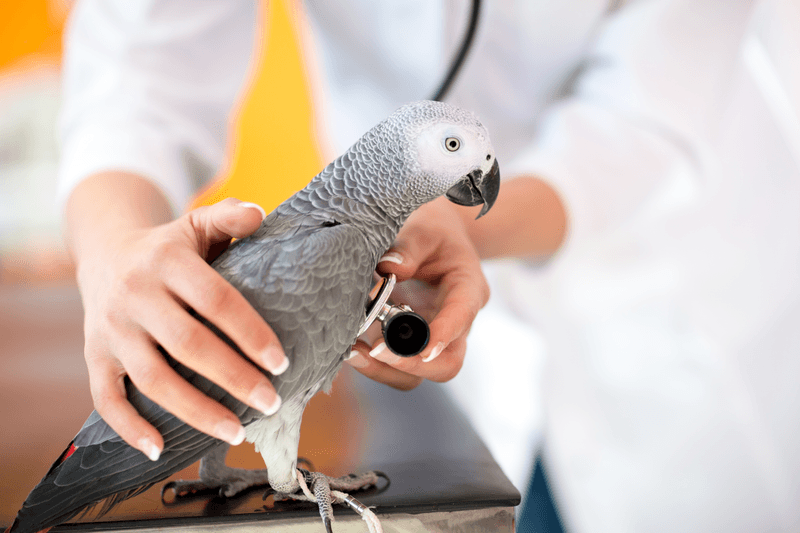
Silence from a typically chatty bird can be unsettling. Changes in vocalization are worth noting.
If your bird’s chirps turn into whispers, or it suddenly becomes a chatterbox, listen carefully. Vocal changes can be a call for help, indicating discomfort or illness.
8. Unusual Aggression
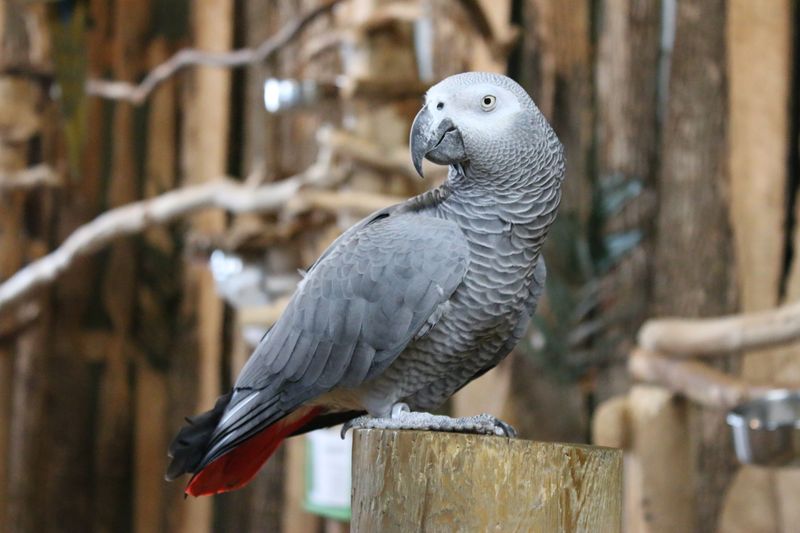
Even the friendliest birds can turn into feathered fiends when unwell. If your bird starts snapping at you or other birds, it might be feeling vulnerable or in pain.
Aggression is their defense mechanism. Approach with care, and consider a health check to rule out underlying issues.
9. Breathing Difficulties
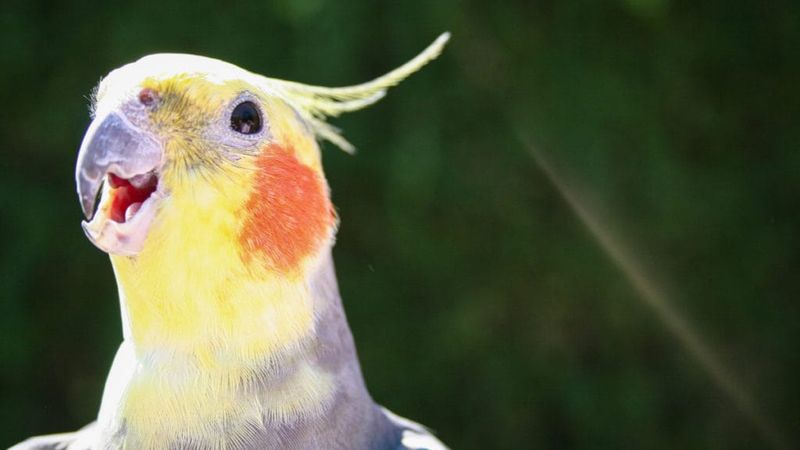
A bird breathing with its beak open is not just catching its breath. Labored breathing can be a sign of respiratory issues, often accompanied by tail bobbing or wheezing.
If you observe these symptoms, it’s crucial to seek veterinary care immediately, as birds can deteriorate rapidly.
10. Feather Plucking
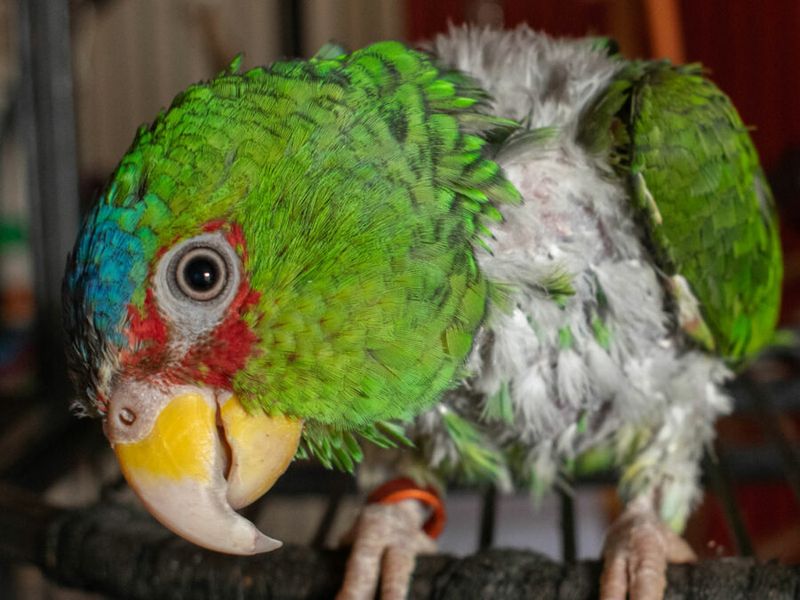
Feather plucking can be more than a bad hair day. Birds might start pulling out feathers due to stress, boredom, or underlying medical issues.
If your bird’s looking a bit bald, dig deeper into potential causes and consult a vet for advice.
11. Weight Loss
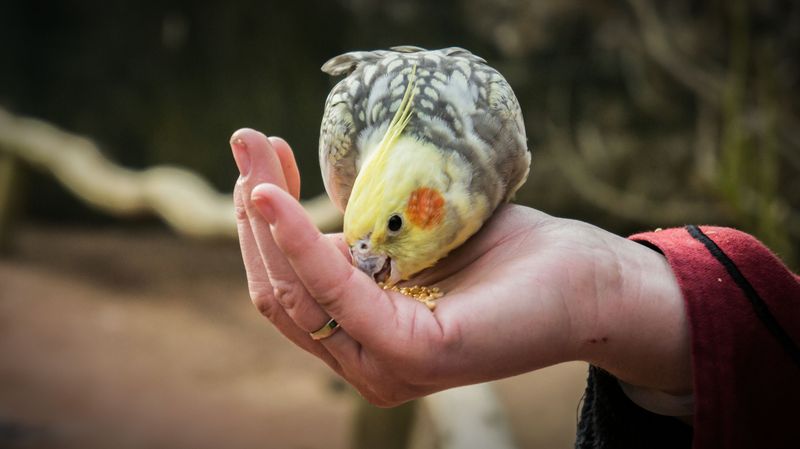
Weight loss is a subtle yet significant indicator of poor health. Birds can lose weight rapidly, often without visual cues until it’s too late.
If your bird seems lighter or its keel bone more prominent, schedule a vet appointment promptly.
12. Swollen Eyes Or Nose
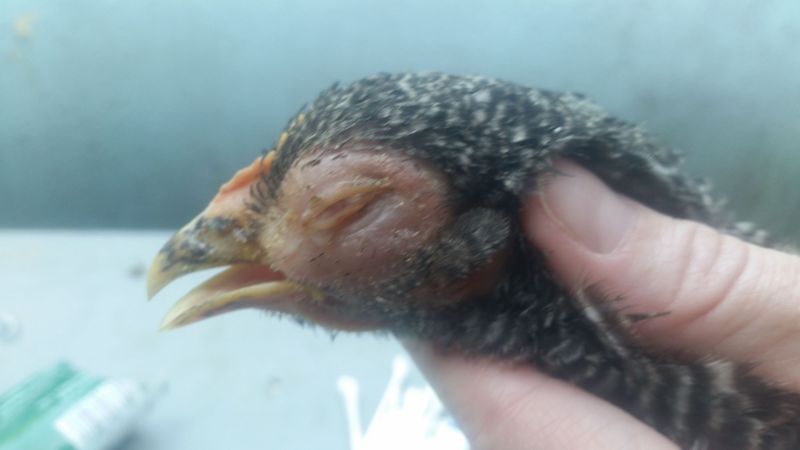
Swelling around the eyes or nostrils isn’t just a beauty blunder. These signs often point to infections or allergies, requiring prompt attention.
If your bird looks like it needs a tissue, it’s time to consult a vet to prevent further complications.
13. Uneven Perching

Birds are usually nimble perchers, so a change in this skill may indicate discomfort. If your bird seems to favor one leg or appears unsteady, it could be experiencing pain or injury.
Keep a watchful eye, and provide a comfortable environment.
14. Eye Or Beak Discharge
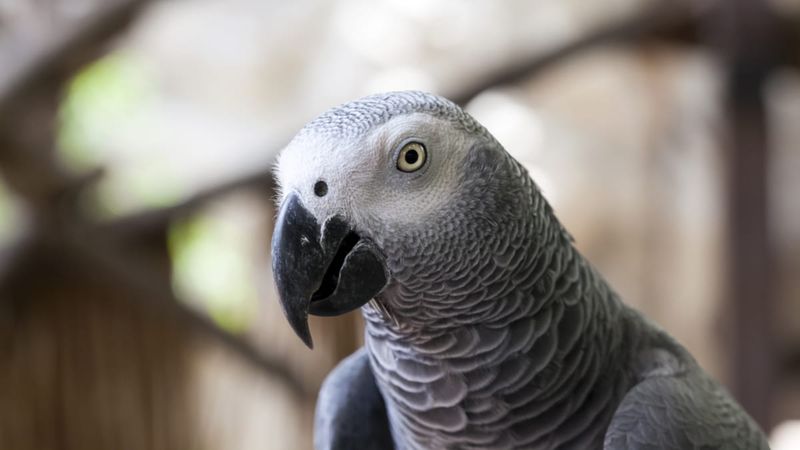
Discharge from the eyes or beak is never a good sign. Such symptoms can hint at infections or serious respiratory diseases.
If you notice any unusual discharge, don’t delay in seeking veterinary advice. Early intervention can prevent further health decline.
15. Excessive Drinking
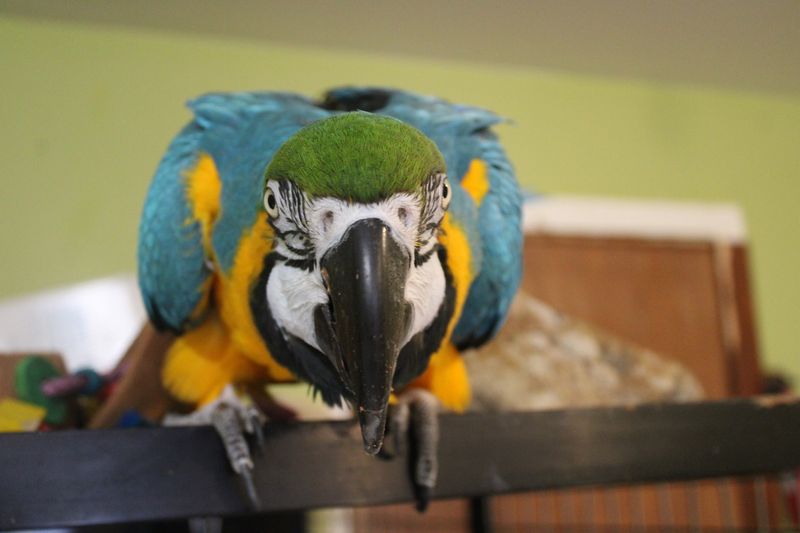
Quenching thirst is normal, but excessive drinking can flag health issues. If your bird’s guzzling water like a marathon runner, it might be dealing with conditions like diabetes or kidney problems.
Monitor their water intake, and if it seems excessive, consult a vet to rule out underlying medical concerns.
16. Behavioral Changes
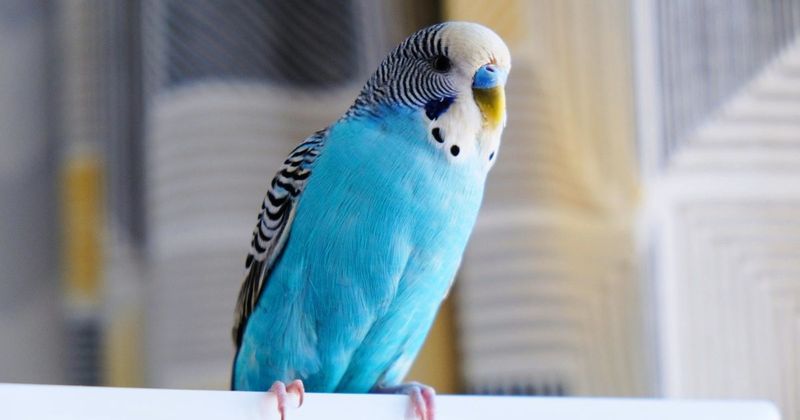
Sudden behavioral shifts can be a cry for help. If your outgoing bird becomes reclusive or its demeanor changes dramatically, it may be signaling illness or stress.
Birds are creatures of habit, so changes are worth investigating.

